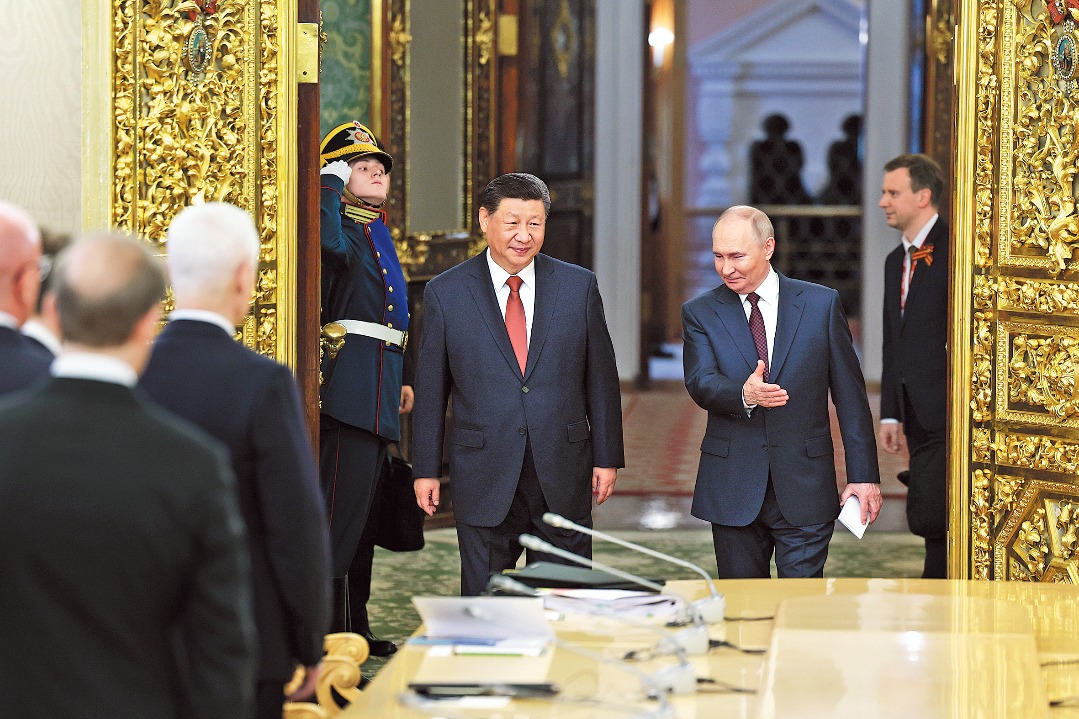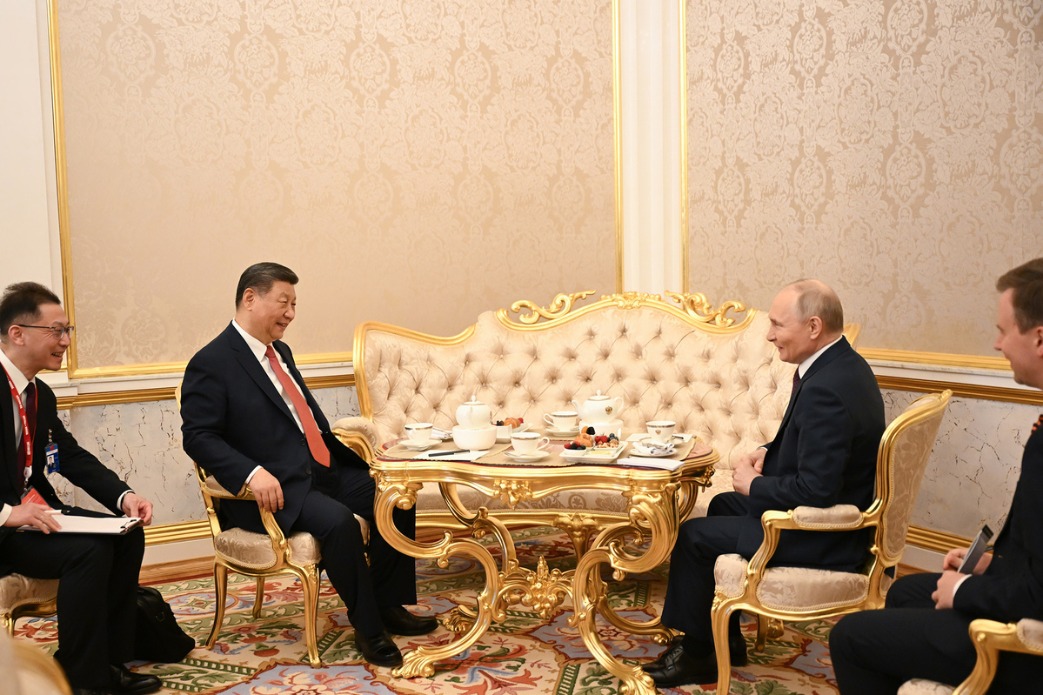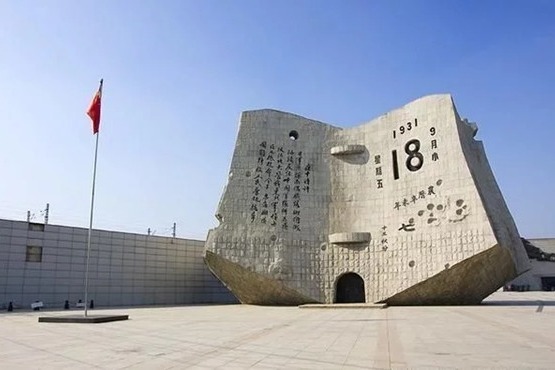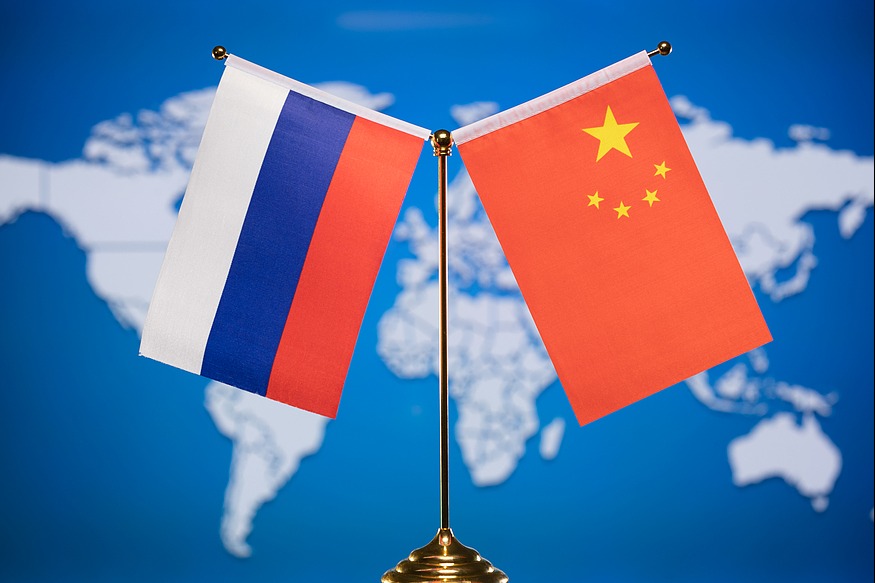'America First' poses challenge to African development


The new Trump administration's policy agenda could undermine South-South cooperation, whereby China does more to help developing countries fight climate change and other problems
The implications of the "America First" policy of the second Donald Trump administration are being debated around the world. International affairs and interests of other countries are secondary to Trump's "America First" policy. Relationships are based on benefits to the United States. Thus, US foreign policy interests and engagements would be tied to strategic security and economic interests. Trump's protectionist insular outlook could pose a challenge to the US' African Growth and Opportunity Act, which has so far allowed eligible African countries such as Nigeria to export some of their produce to the US without paying taxes since 2000. It is quite likely that the Act will not be renewed in its current form. During the 2024 election campaign, he pledged to impose a 10 percent tariff on all foreign goods. If that happens, African exporters such as Nigeria would sell fewer products in the US market.
Nigeria will have to adjust its strategies to deal with two related, but different, challenges at once. It needs to rally as many countries as possible, especially China, to put pressure on developed countries to push for changes to the current international economic and political system. For this, Nigeria can examine strategies adopted by major players such as Vietnam, Mexico, Indonesia, Poland and Morocco toward creating a multipolar world. These economies, also called "economic connectors", have gained increased trade and investment amid the increased geopolitical competition between the US and China.
In the meantime, those experiences highlight the challenges before many other developing countries, especially those without natural resources and basic manufacturing bases.
However, to develop its own economy, Nigeria could explore the possibility of working with China in order to harness its vast human and material resources. Several aspects of China's foreign policy and global development priorities could be brought together. For instance, through official development assistance and other finance tools, the Chinese government can help Nigeria diversify away from petroleum products. This would increase non-petroleum trade in Nigeria and help Nigeria achieve its carbon-transition goals.
Similarly, given the abundance of lithium and cobalt or nickel and platinum in different Nigerian states in large commercial quantities, these resources could become one of the primary sources of electric batteries as the world explores how to green the global economy. China's foreign assistance can help promote sustainable mining practices that benefit China, Nigeria and the rest of the world. And more importantly, Nigeria should strengthen national resource mobilization capabilities and formalize the Nigerian economy by prioritizing local workforce development, boosting digital trade and supporting country-level initiatives.
Due to Trump's "America First "and anti-multilateralist stance, his return heralds uncertainty for global climate action, which will be detrimental to vulnerable countries such as Nigeria. As a result of his focus on fossil fuel expansion, he could roll back environmental policies in the future. Also, it could limit the US' engagement with global climate initiatives and may lead to a reduction in funding for Nigerian climate adaptation projects and investments in clean energy in the future. As a result of this action, mitigation efforts could be hindered and partnerships that are essential for building renewable energy infrastructure and disaster resilience may be weakened.
Additionally, his retraction might embolden other countries to deprioritize climate action, resulting in a domino effect that would exacerbate the vulnerability of countries such as Nigeria, which are already suffering from environmental and economic hardships. Considering Nigeria's high agricultural dependency, such policies could worsen climate vulnerabilities.
Inaction on climate change will affect the entire planet, including the US, regardless of where greenhouse gases come from. Climate change also affects livelihoods and daily finances, damages infrastructure, costs taxpayers and reduces national security. If the US steps back on its climate leadership, it will be difficult to phase out fossil fuels and halt global warming. This will further fragment global climate efforts, placing increased strain on nations least able to manage climate change. Because of a lack of momentum in climate action, the planet's environment is at risk of crossing environmental tipping points.
It is evident that in an increasingly multipolar world characterized by a number of powers challenging the hegemony of the US, Nigeria has the opportunity to pursue diversified partnerships in a manner that helps it reach solutions to its climate problems. Therefore, as the US priorities shift under the new Trump administration, the Nigerian government will have to decide how to navigate partnerships in order to secure investments, maintain political stability and meet its long-term development needs through inward-looking strategies as well as by furthering its cooperation with China. The long-term prospects for Nigeria are bright in light of this development. So, Nigeria and China may be able to take advantage of this opportunity to strengthen their cooperation. There is a possibility that this will contribute to more South-South cooperation, as well as increased opportunities for China to assume a more proper role in global governance, promoting models that diverge from Western ideals.
The author is the executive director of the Center for Nigerian Studies at the Institute of African Studies at Zhejiang Normal University. The author contributed this article to China Watch, a think tank powered by China Daily.
The views do not necessarily reflect those of China Daily.
Contact the editor at editor@chinawatch.cn.

































